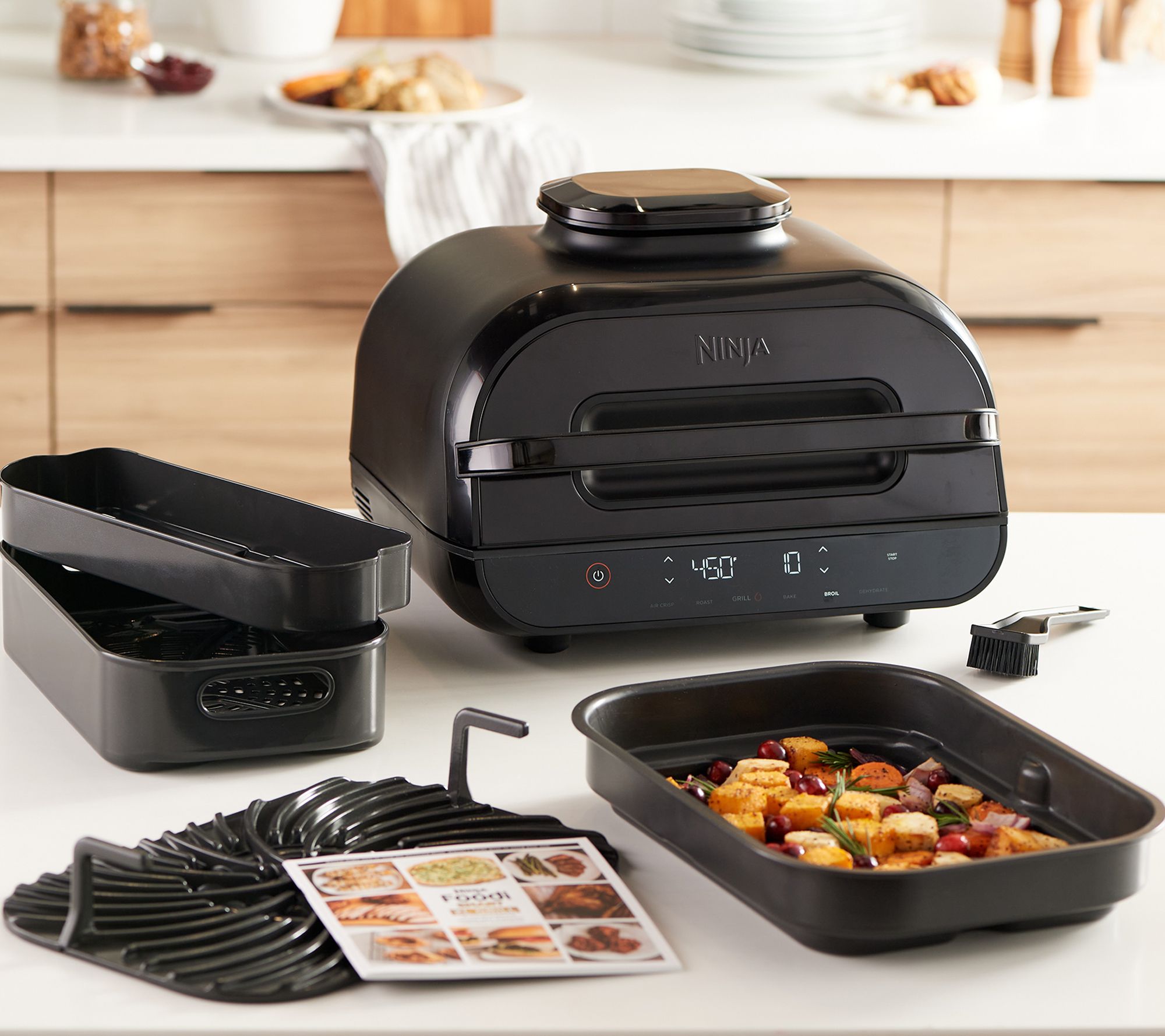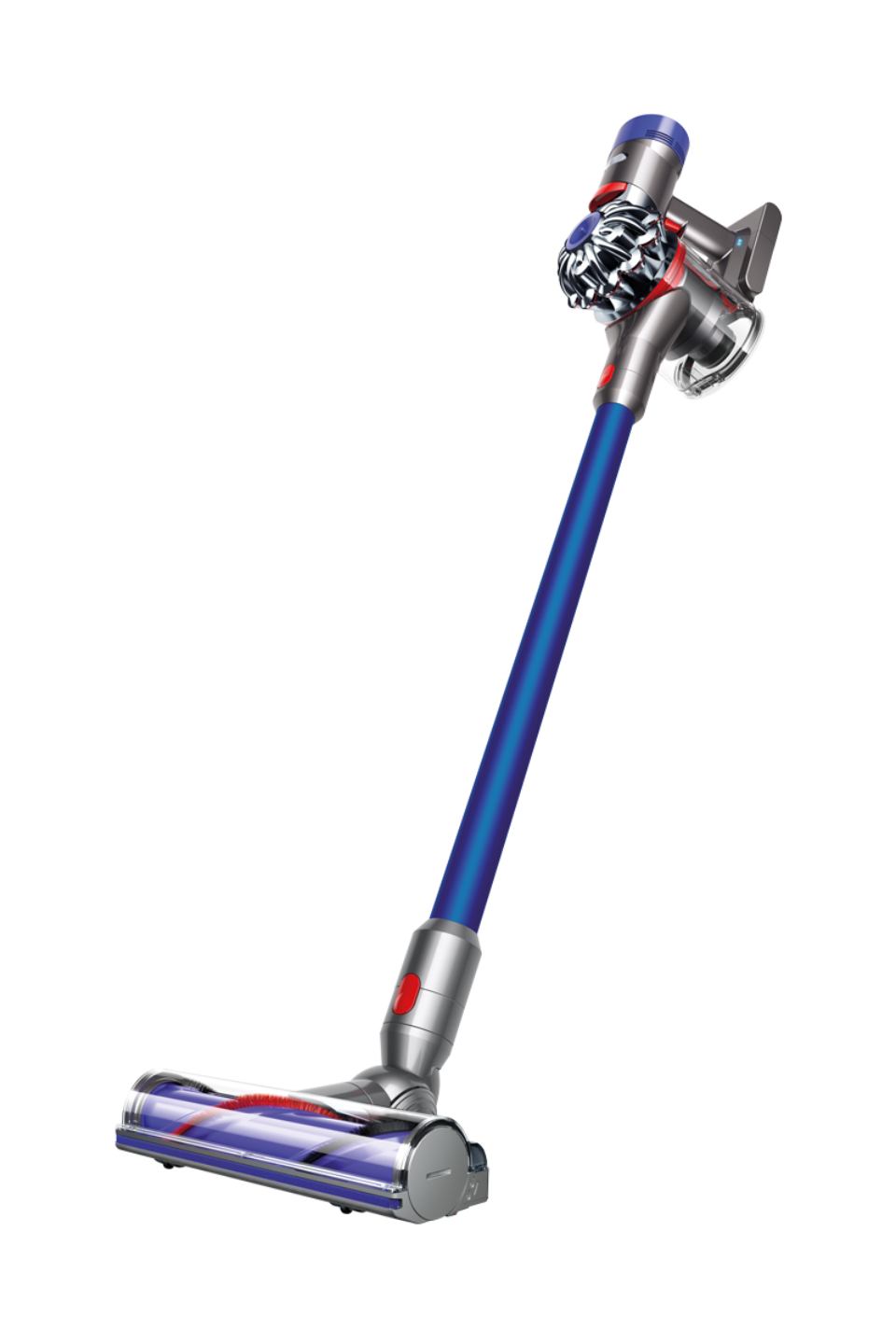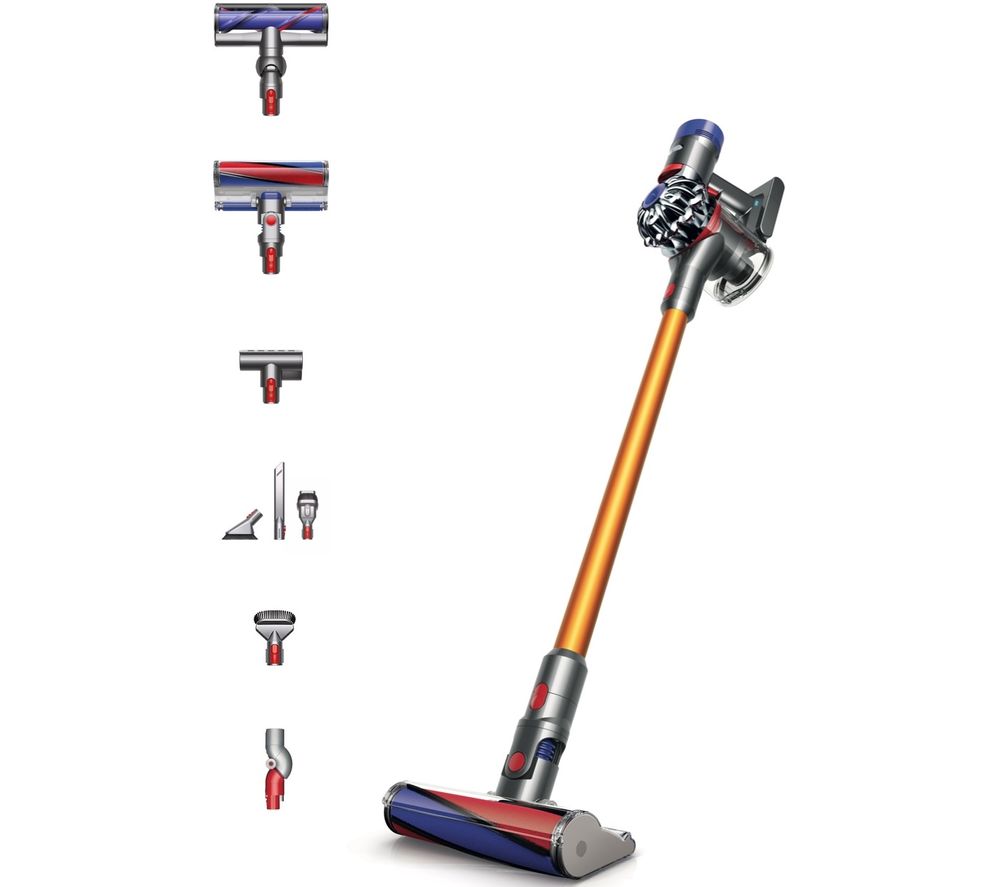Ninja Foodi Smart XL 6-in-1 Indoor Grill & Air Fryer with Combo Crisper
Steak your way, hot dogs dripping with flavor, and even a full rack of juicy ribs. Everything’s on the menu with the Foodi XL indoor air grill. This multitasking machine takes the guesswork out of grilling with smart technology to help you achieve your desired doneness and results — rare, medium, or well-done.
1 (one, unit, unity) is a number, numeral, and glyph. It is the first and smallest positive integer of the infinite sequence of natural numbers. This fundamental property has led to its unique uses in other fields, ranging from science to sports, where it commonly denotes the first, leading, or top thing in a group. 1 is the unit of counting or measurement, a determiner for singular nouns, and a gender-neutral pronoun. Historically, the representation of 1 evolved from ancient Sumerian and Babylonian symbols to the modern Arabic numeral.
In mathematics, 1 is the multiplicative identity, meaning that any number multiplied by 1 equals the same number. 1 is by convention not considered a prime number. In digital technology, 1 represents the "on" state in binary code, the foundation of computing. Philosophically, 1 symbolizes the ultimate reality or source of existence in various traditions.
6 (six) is the natural number following 5 and preceding 7. It is a composite number and the smallest perfect number.
Crisper or Crispers may refer to:
- Crisper drawer, or crisper, a compartment in a refrigerator
- Crispers (snack food), a snack food by Nabisco
- Crispers (restaurant), a fast-casual restaurant chain in Florida, U.S.
A fryer is a container for frying food.
Fryer may also refer to:
Indoor(s) may refer to:
- the interior of a building
- Indoor environment, in building science, traditionally includes the study of indoor thermal environment, indoor acoustic environment, indoor light environment, and indoor air quality
- Built environment, the human-made environment that provides the setting for human activity
- Indoor athletics
- indoor games and sports
A ninja (Japanese: 忍者, lit. 'one who is invisible'; [ɲiꜜɲdʑa]) or shinobi (Japanese: 忍び, lit. 'one who sneaks'; [ɕinobi]) was an infiltration agent, mercenary, or guerrilla warfare and later bodyguard expert in feudal Japan. They were often employed in siege, espionage missions, and military deception. They often appear in the historical record during the Sengoku period, although antecedents may have existed as early as the 12th century.
During the Japan's warring state period, jizamurai clans of peasant-warriors in Iga Province and the adjacent Kōka District formed ikki – "revolts" or "leagues" – as a means of self-defense.
Following the Tokugawa shogunate in the 17th century, the ninja faded into obscurity. A number of shinobi manuals, often based on Chinese military philosophy, were written in the 17th and 18th centuries, most notably the Bansenshūkai (1676).
Ninja is the on'yomi (Early Middle Chinese–influenced) the two kanji "忍者". In the native kun'yomi reading, it is pronounced shinobi, a shortened form of shinobi-no-mono (忍びの者). The word shinobi appears in the written record as far back as the late 8th century in poems in the Man'yōshū. The underlying connotation of shinobi (忍) means "to steal away; to hide" and—by extension—"to forbear", hence its association with stealth and invisibility. Mono (者) means "a person". The word ninja was uncommon, and a variety of regional colloquialisms evolved to describe what would later be dubbed ninja. The first known English use of the word ninja was in 1964. Kunoichi (くノ一) is, originally, an argot which means "woman";: p168 it supposedly comes from the characters くノ一 (respectively hiragana ku, katakana no and kanji ichi), which make up the form of kanji for "woman" (女).: p168 In fiction written in the modern era kunoichi means "female ninja".: p167
By the time of the Meiji Restoration in 1868, shinobi had become a topic of popular culture in Japan which featured in many legend and folklore, where they were associated with many supernatural abilities.
Smart may refer to a high level of intelligence or "street smarts".
"Smart" or SMART may also refer to the following.
With or WITH may refer to:
- With, a preposition in English
- Carl Johannes With (1877–1923), Danish doctor and arachnologist
- With (character), a character in D. N. Angel
- With (novel), a novel by Donald Harrington
- With (album), a 2014 album by TVXQ
- With (EP), a 2021 EP by Nam Woo-hyun






by Rewalt
Watching HSN tonight and this is the TSV for $179.99. Exact same thing including the “special” colors. If we have to play this game between the two channels it’s going to be ugly for everyone. I made steaks and asparagus in my blue unit and it worked good so far. Blue is very nice color.
by Markina
If you want to save $20.00 Dlls and also free SH, go to HSN. I bought this one as TSV, and now HSN is selling it for $20.00 Dlls less, I called CS and they cannot match the price even if is under the same umbrella company.
I’m very disappointed,if I send this back I will pay $10.95.
Is an excellent small grill/oven, that’s why I gave 5 stars.
by Swati
I bought this on a whim. Wasn’t sure I’d keep it. Everyone in my family absolutely loves this. It air fries better than the egg shaped air fryer I had bought previously and barely ever use. It heats up so fast and the surface is actually big enough to cook on. The price was excellent and I highly recommend this unit.
by Redwine
We just received our grill and the one thing I notices so far is that’s it’s very loud. Would recommend this item, but it is a expensive.